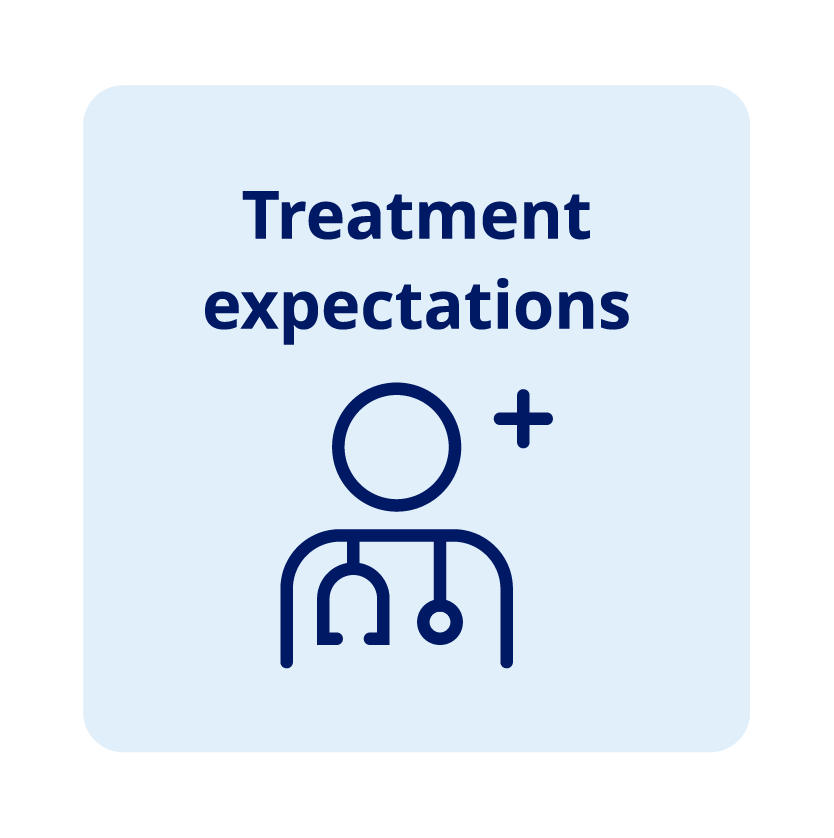
When you're living with type 2 diabetes, it's common to reevaluate and change your treatment to adjust to your changing personal health needs¹.
It's important that you feel empowered and ready to talk to your doctor whenever you feel a change could be beneficial. It can be difficult to start these conversations, but with your treatment goals in mind—and by educating yourself more about type 2 diabetes (like you're doing right now!)—you'll be able to communicate with your doctor more openly about treatment.
Your doctor is the medical expert, but you are the one living with type 2 diabetes. You know your mind and body, and it's important to advocate for your needs and preferences during your discussion. Come to every appointment prepared to talk, ask questions and find solutions together. Here are some topics to consider if you want to speak up about your type 2 diabetes treatment:








